Show Notes
Life with a chronic illness can feel like an uphill battle, especially when trying to follow through on goals that matter most to you. In this snippet, Dan Neuffer shares 7 powerful strategies to help you stay consistent, regain focus, and achieve meaningful progress—even in the face of health challenges.
From self-care and self-compassion to building a support network and setting realistic plans, this episode is packed with actionable advice to help you persist and thrive. Dan also dives into the crucial role of mindset and how small, consistent actions can lead to big wins for your health and life.
What’s the one goal you’ve found hardest to achieve with chronic illness? Share your thoughts in the comments!
Timestamps
| Introduction to ability to follow through | 0:00:00 |
| Who is Dan & what's his experience | 0:01:25 |
| Understanding the Motivation Rollercoaster | 0:02:14 |
| Strategies for Persistence and Success | 0:02:35 |
| Reflections and Call to Action | 0:09:15 |
Links
Here is a link to the ANS REWIRE program.
Transcript
A recent scientific study completed a meta-analysis of the action control framework of healthy people doing physical activity. It can be concluded from this that out of people intending to engage in physical activity, 46 percent were successful, healthy people. So what do you think are the chances of chronically ill people following through with their intentions to do things? And have you found yourself putting your dreams on hold because of your health? How has your health affected your work, your home, your relationships, and not being able to follow through? It affects everything, right? And it's not our fault when you're ill, there are limitations. But what's the one goal that you've found hardest to achieve in your chronic illness? Drop your thoughts in the comments below.
In this video, I'm not just going to share with you some strategies you can use to turn this around. And start enjoying more success in, in all these different areas of your life. However, perhaps more importantly, I'm going to explain to you why this may be the most important strategy for your quality of life and for your health.
In case you're new to the channel, I'm Dan Neuffer. I'm the author of CFS Unraveled. Get well by treating the cause, not just the symptoms of CFS, fibromyalgia, POTS, and related syndromes. And I'm also the creator of the ANS Rewire recovery program for people experiencing these conditions. I get what it's like to have chronic illnesses, having experienced this illness for seven years myself.
And sadly, I've had to deal with a second unrelated chronic illness problem now for an additional six years. So, I get how our suffering isn't just about physical illness but also the collateral damage that results from it in our lives. I understand the motivation rollercoaster. We're eager to improve our health, to do whatever can be done, but we struggle often with follow through.
It's disheartening sometimes and it can zap our confidence. So how do you improve your ability to be persistent? Well, there's no magic bullet, obviously, if you're not well it can be hard at times, but here are 7 strategies for you to look at.
As we discussed in a previous video, understanding why knowledge is important is key. Your mindset and your belief systems, they shape your actions. If you believe that progress is possible, you're more likely to take consistent steps forward. And so to ensure that you build the belief that your efforts for recovery are worthwhile, you need to collect evidence of your progress.
So some kind of measure regarding your goals, at least once a month to assess how you're doing. That is one way. Of course, if you're not seeing any progress, then something has to change.
A few people can stick to anything 100%. If we set the bar too high, missed marks can kill our motivation. But instead, if we accept our inevitable failure, then even though we don't do what we aim for, we can keep going. That is a key to success. The key to resilience, the key to progress, to keep going, right? But keep going doesn't mean pushing and quite the opposite, actually. Which brings us to point number three, self-care.
So maybe that sounds boring. You know, you just want to get stuff done. You're probably sick of excuses and falling short of your aspirations. I get it. But if you think about it, the reason you fall short is because you don't feel up to doing these things you aspire to.
If you're feeling better, you can do more of the things that you wish to do. Therefore, if you want to be more persistent, your number one focus clearly has to be self-care. Like when the masks drop in an airplane, you put the mask on yourself first, right? Look after yourself first.
Number four: self-compassion. Look this is really part of point three, but because it's so big, it actually stands as a strategy in its own right. Think about it, it's one thing trying to support yourself physically and doing self-care like that. But if you're harsh or critical of yourself, how sapping is that? I think many of us think the stick approach works and perhaps we've lived a life of being harsh with ourselves or tough.
You might call it being tough, doing the impossible. Yeah, but how's that strategy working out now? Hopefully, you can see that a vulnerable person needs a gentler approach. And whether you realize it or not, you are vulnerable as a chronically ill person. So you deserve kindness and compassion. And the person that we're all most exposed to in our lives is ourselves.
So showing kindness and compassion to ourselves is an essential part of self-care to keep us fueled to keep going. Now before we dive deeper, please take a moment to like and subscribe to notifications. Not only will this ensure that you'll see more of the videos, but it'll really help others find and benefit from the video as well.
So it's an easy way to pay it forward. And look out for that question in the end. I really look forward to your comment in regards to that. Okay, so let's get back to it.
Number five: Getting Support. Another key to ensure that you follow through is to build a support network as a source of strength.
Surround yourself with people who uplift you and support you. Lean on your community during tough times and celebrate victories together. I get the people around us are not always ideal. But you may find that there is someone in your periphery or perhaps an online community or perhaps even a health professional that you're dealing with that can encourage you and support you and remind you of the progress you're making.
Number six: Planning. There's that old saying that nobody plans to fail, they fail to plan. Ask yourself, how can you make it easier for yourself? If you want to eat a specific diet that excludes foods, how do you do it? If you must go to the cupboard and fridge for food and then decide on what to eat, or you struggle to find something quick and easy that doesn't include the forbidden foods, then it quickly becomes too hard, doesn't it?
Too much mental and physical energy required. But if instead you don't have any of the foods in your house, and you have a range of the right foods available, including quick and easy options, Then it's easier to stay on track. On the other hand, if you have to bake a gluten-free, dairy-free, caffeine-free, egg-free, soy-free, nut-free cookie, just because you want a treat, It's all going to be too hard, right?
Number seven: Focus. So, hopefully, you can see that focusing on your goal to persist is key to your success here. That's what happens when we fall off the wagon. Our focus shifts, right? But you know what? You make the rules. If one of your rules is to always be getting back on the horse when you fall off, then, of course, you'll regain your focus.
And one way to do that is to write your goals down and reflect on them daily. Journaling about them, reflecting on them, having reminders around your home about these things to ensure that you incorporate these strategies. into your daily routine. Embrace the journey. Celebrate small victories and remember that progress takes time.
So there you have it. Seven strategies to help you be more consistent with your actions to support both your recovery from chronic illness as well as support you in your life. But besides the impact on your life, the point is that without consistent and persistent action. How can you possibly make progress with your recovery?
Surely there can be no more important goal to work towards than getting your health back. Even if there was some magic cure panacea pill unless you had to follow through to keep taking it, how could you benefit? The same goes for any supportive recovery strategy, whether it's diet treatments or lifestyle changes, showing up consistently is key.
Employing these strategies towards your recovery can be a real game changer. So, have you employed these in your life for your recovery? What do you think? Are there any other strategies that you have found to be key to help you stay persistent with what you set out to do despite being chronically ill?
I'd love to hear what you think because I'm always learning from you guys. We all learn from each other how to build our personal success towards a healthier, happier life. So please comment below. Thank you for watching.
Please remember to like, share, and subscribe for more content on your journey to recovery. Stay strong, stay resilient, and keep taking those consistent, persistent actions toward your health and well-being. See you in the next video.
Other Resources
CFS Unravelled is the book that started it all, outlining the explanation for the pathogenesis of ME/CFS, Fibromyalgia, POTS, MCS and related syndromes and explaining how recovery is possible.
All my email subscribers receive additional FREE resources like my book Discover Hope. So consider subscribing and reading the book to rediscover hope.
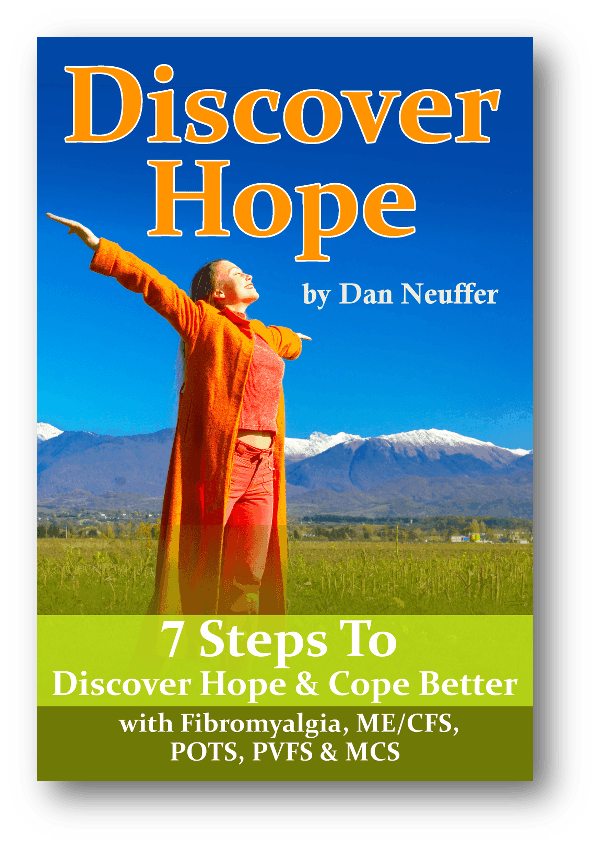
If you would like to learn more about the ANS REWIRE program, check out the 4 free intro lessons or visit the ANS REWIRE website.
Check out some other recent episodes
You can see the full list of episodes HERE.


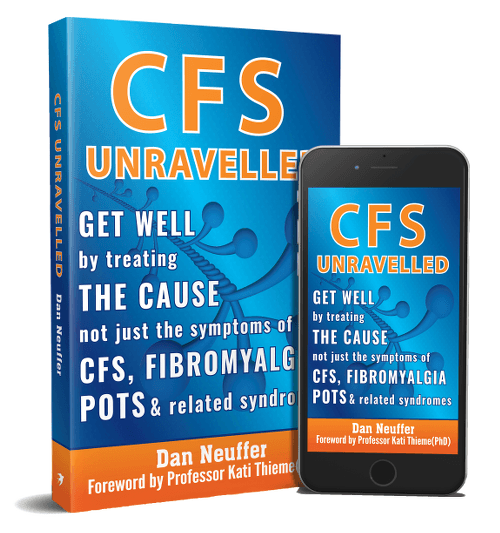
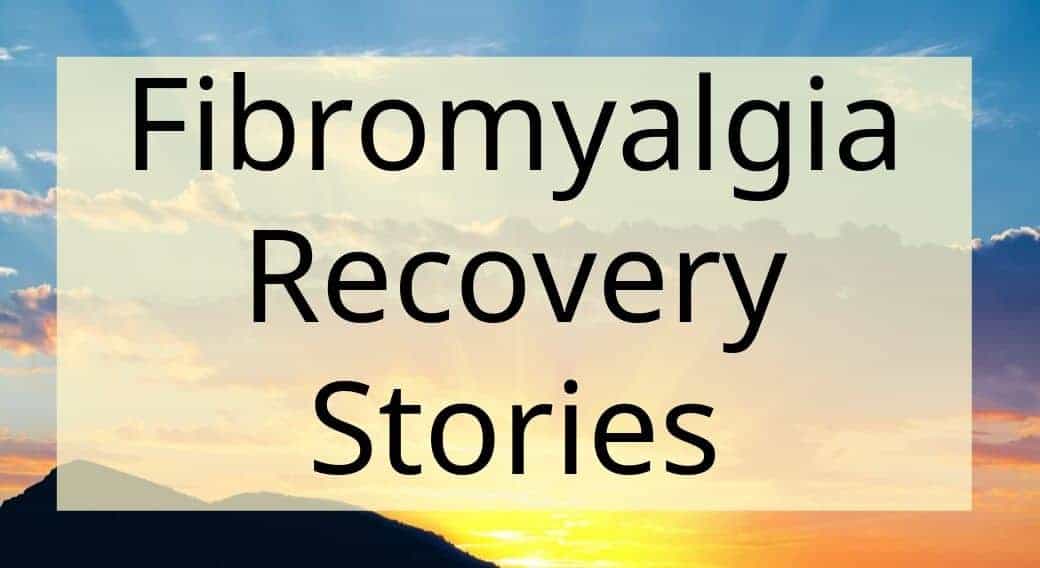
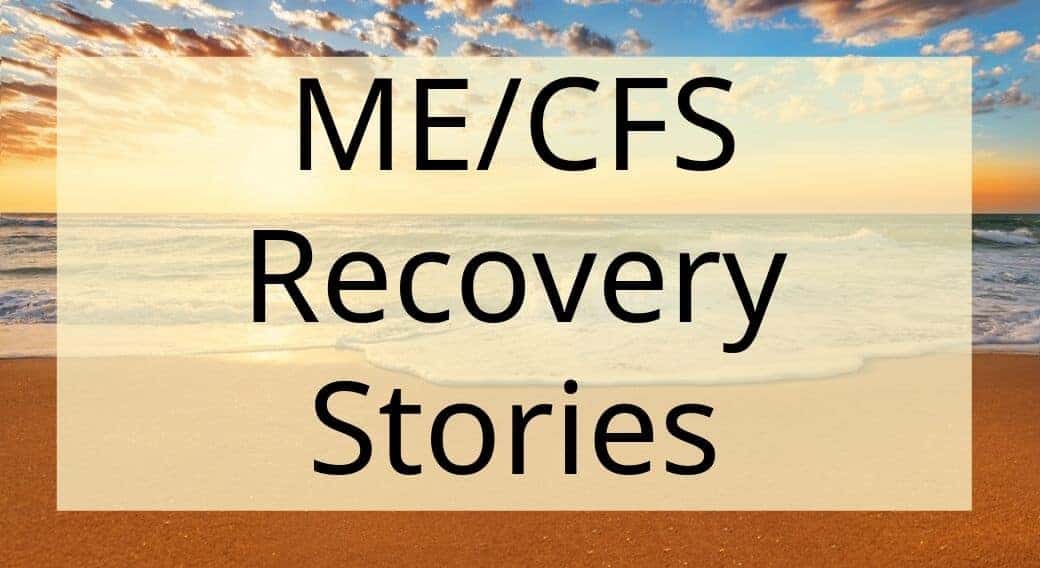
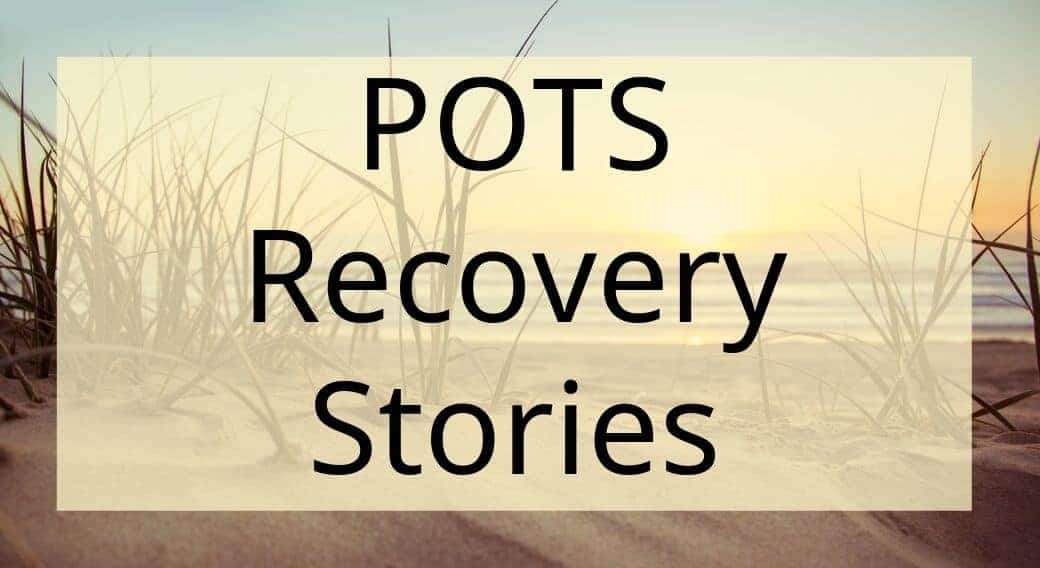
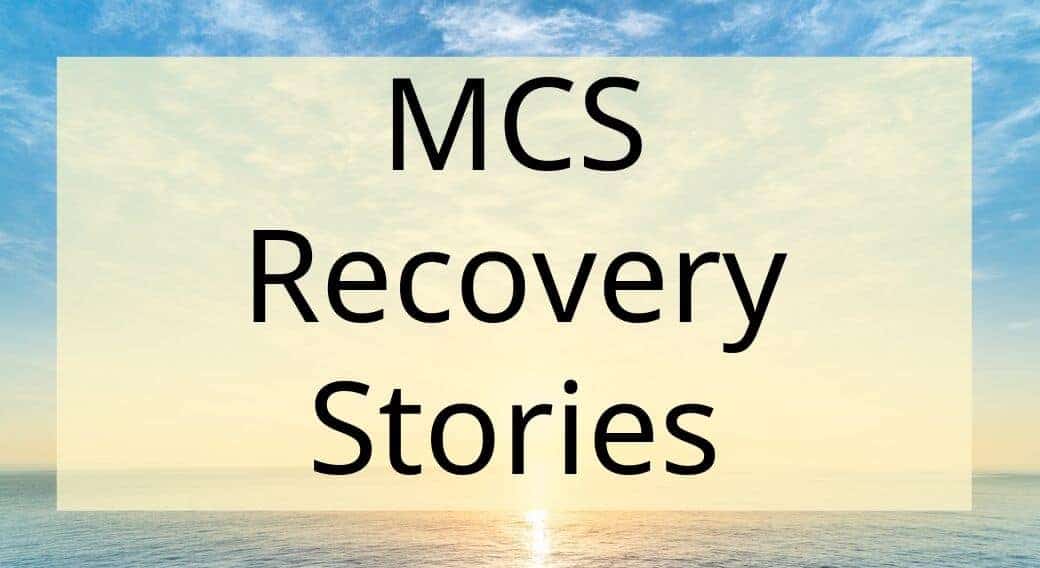

I found this snippet useful, thanks Dan .
I’d like to add that as part of self care for me and I believe, an essential part of my recovery, is to curate for myself a constant flow of really enriching experiences involving music and audiobooks, radio and podcasts. So I will always take time to choose great books and great music to listen to on a daily basis as a part of each daily routine. This means even on a really rough day I can feel inspired, enriched and a sense that I’m really living my best life and expanding my horizons.
Cathy J
Thanks for sharing Cathy
Yes, we need to keep finding ways to inspire curiosity and joy in our lives – sounds like you are doing a fabulous job! 👍😉